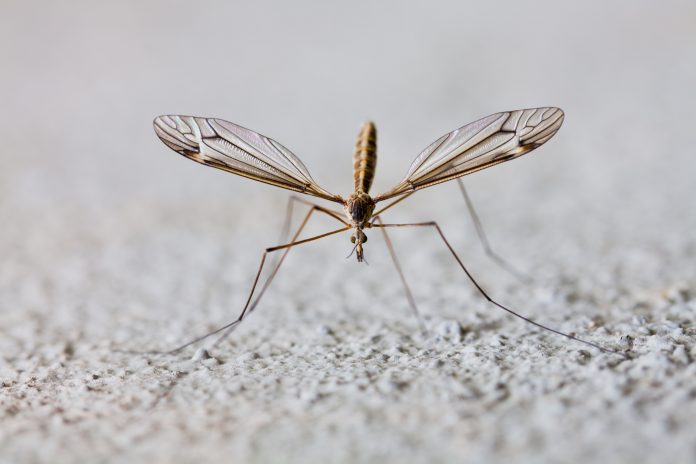Understanding the infection strategy of mosquito-borne viruses known as flaviviruses is key in the future development of treatments and possible vaccines
Mosquito- borne viruses/ flaviviruses like West Nile, dengue or Zika viruses still have no viable treatment methods or vaccines. Laurent Chatel-Chaix of the Institut national de la recherche scientifique (INRS) recently received $700,000 in funding from the Canadian Institutes of Health Research (CIHR) to decipher this mystery.
The mystery of flaviviruses is still ongoing
“There are probably flaviviruses that we don’t even know of. They’re spreading due to changes in insect populations caused in part by climate change. There is an urgent need to identify new antiviral targets and treatments. This will require a better understanding at the molecular level,” said Professor Laurent Chatel-Chaix, who has been studying flaviviruses for almost 10 years.
Dengue virus causes the most prevalent arthropod-borne viral disease in the world and Zika virus infection in utero can lead to severe neurodevelopmental defects in newborns, including congenital microcephaly.
West Nile virus is endemic and causes severe encephalitis and eventually death across Canada. In 2018, the Québec Ministry of Health reported 201 West Nile virus cases and 15 fatalities – a record number for the province.
Deciphering the viral strategy to find and create better treatments
Professor Chatel-Chaix, is particularly interested in what happens inside the infected cell. Both he and his team have been attempting to understand how this kind of flavivirus disrupts cell components to its advantage.
“When flaviviruses enter the cell to replicate itself, it reshapes a number of cellular compartments and reprograms the mitochondria for its own purposes or uses them for energy production. Think of it as a thief breaking into your house, turning off all the alarm systems, rearranging your furniture, and emptying your fridge,” said Professor Chatel-Chaix.
This is an intricate and impressive strategy that buys the virus time until the cell becomes aware of the infiltration. By deciphering this process embezzling intracellular resources, researchers may be able to find broad-spectrum therapeutic targets.
If the team can figure out the exact molecular mechanisms that regulate the functioning of these viral factories, whether for Zika, dengue, or West Nile, the new knowledge could help researchers like Professor Chatel-Chaix find new treatment strategies. This discovery could reduce the risk of infection in people suffering from these infectious diseases in Canada and elsewhere.








